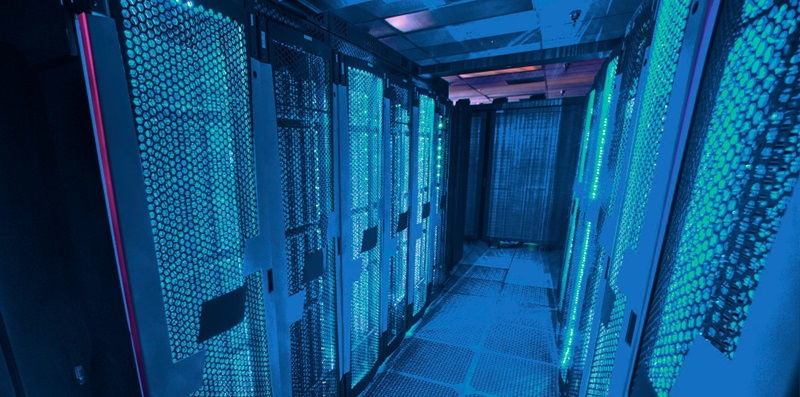As the digital landscape in the Philippines expands rapidly, with data generation expected to quintuple from 2019 to 2025, there is an increasing demand for data centers to not only manage large volumes of data but also to do so responsibly. Schneider Electric recognizes the urgency of this situation and has stepped up to lead the transformation toward greener data centers in the region. With digital operations consuming approximately 1% of global electricity, this means substantial environmental impacts that require strategic mitigation.
The response spearheaded by Schneider Electric is focused on a paradigm shift from traditional, fuel-based power sources to clean, electric energy for data center operations. Carlos Leviste, the company’s Business Development and Marketing Director in the Philippines, has been a vocal advocate for this transition, understanding that efficiency and sustainability are not mutually exclusive but rather integral to the long-term success of data center infrastructures.
Integrating Smart, Eco-friendly Technologies
Schneider Electric is at the forefront of reducing the environmental impact of growing data center demands by integrating high-efficiency solutions from APC into their portfolio. Their cutting-edge uninterruptible power supply (UPS) systems enhance energy savings and bolster operational continuity, which is crucial for both cost and reliability. With their oil-free centrifugal compressors featuring magnetic bearings, Schneider Electric takes an innovative leap in curbing cooling-related energy consumption—a significant data center expense.
The company extends its commitment to sustainability by delivering renewable Power & Grid options that enable data centers to meet increasing demands without forsaking eco-friendly practices. Through these advanced technological interventions, Schneider Electric leads the way in making data infrastructure more energy-efficient and resilient, aligning data center growth with environmental stewardship.

